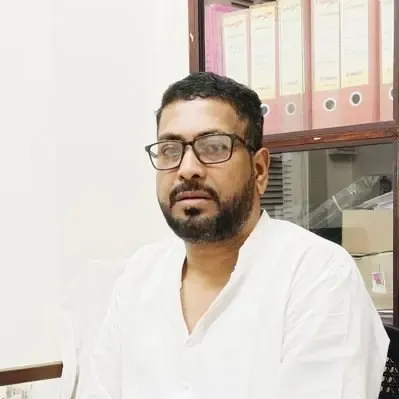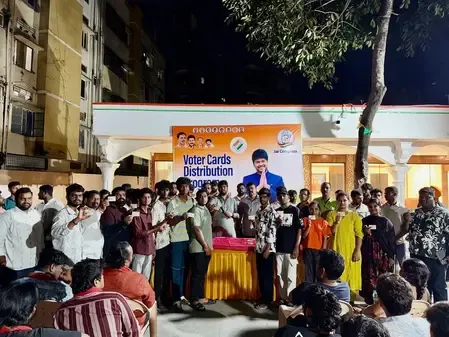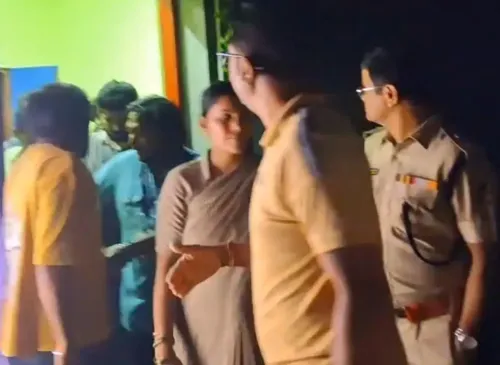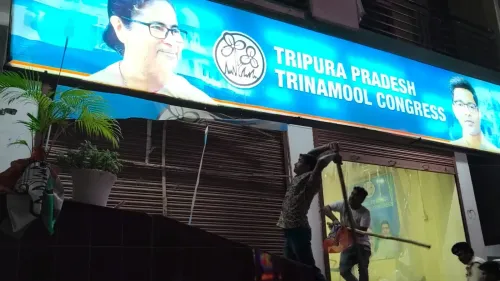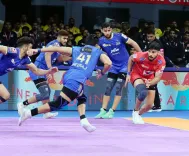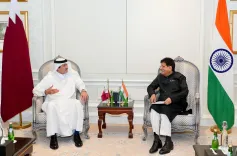What Changes Did Congress Make to State War Rooms Ahead of Assembly Polls?
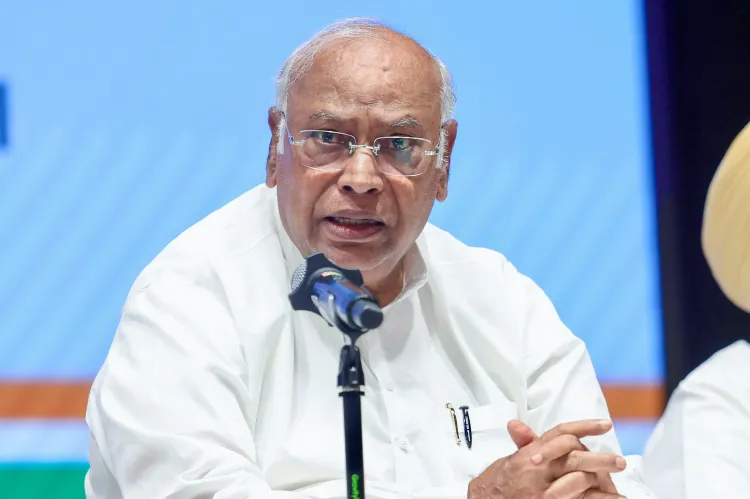
Synopsis
Key Takeaways
- Congress has appointed leaders for State War Rooms in key states.
- The aim is to enhance election strategies and coordination.
- State-specific challenges will test the effectiveness of these appointments.
- Political dynamics vary across regions, impacting Congress's approach.
- Immediate implementation of these appointments is crucial for campaign success.
New Delhi, Oct 7 (NationPress) On Tuesday, the Congress party revealed the appointment of Chairpersons and Vice-Chairpersons for their State War Rooms across crucial states in preparation for the forthcoming assembly elections.
The appointments received the endorsement of Congress President Mallikarjun Kharge and were announced via a press release from party General Secretary K.C. Venugopal.
The newly designated leaders are tasked with spearheading election strategies and coordinating efforts in their respective regions.
The appointments include:
Assam: Amit Sihag has been appointed as Chairperson, with Rhituparna Konwar and Santanu Bora serving as Vice-Chairpersons.
West Bengal: B. P. Singh is now the Chairperson.
Kerala: Harsha Kanadam will take on the role of Chairperson.
Tamil Nadu: B. R. Naidu has been named Chairperson.
Puducherry: John Ashok Varadarajan is the new Chairperson.
These appointments are effective immediately and are part of a larger initiative by the party to fortify its organizational framework and campaign resources as the elections approach.
In Assam, the BJP-led NDA currently maintains a strong grip on power, with Chief Minister Himanta Biswa Sarma leading the charge. The 2026 elections will serve as a litmus test for the NDA's capability to retain control.
In West Bengal, the Trinamool Congress (TMC), under the leadership of Mamata Banerjee, is bracing to defend its territory against a revitalized BJP. Political discourse has been heightened due to communal tensions, allegations of corruption, and concerns surrounding border security.
Meanwhile, in Kerala, the political arena remains a battleground between the ruling Left Democratic Front (LDF) and the opposition United Democratic Front (UDF), which is led by the Congress.
In Tamil Nadu, the DMK led by Chief Minister M.K. Stalin, is striving for re-election amidst challenges posed by the AIADMK-BJP alliance and the new political entity established by actor Vijay’s Tamilaga Vettri Kazhagam (TVK).
In Puducherry, the NDA coalition governed by AINRC and BJP currently holds power in the union territory.
The leadership of Chief Minister N. Rangasamy will face scrutiny as the Congress and DMK aim for a resurgence. The small assembly size and history of political defections in the territory contribute to a fluctuating political environment.

